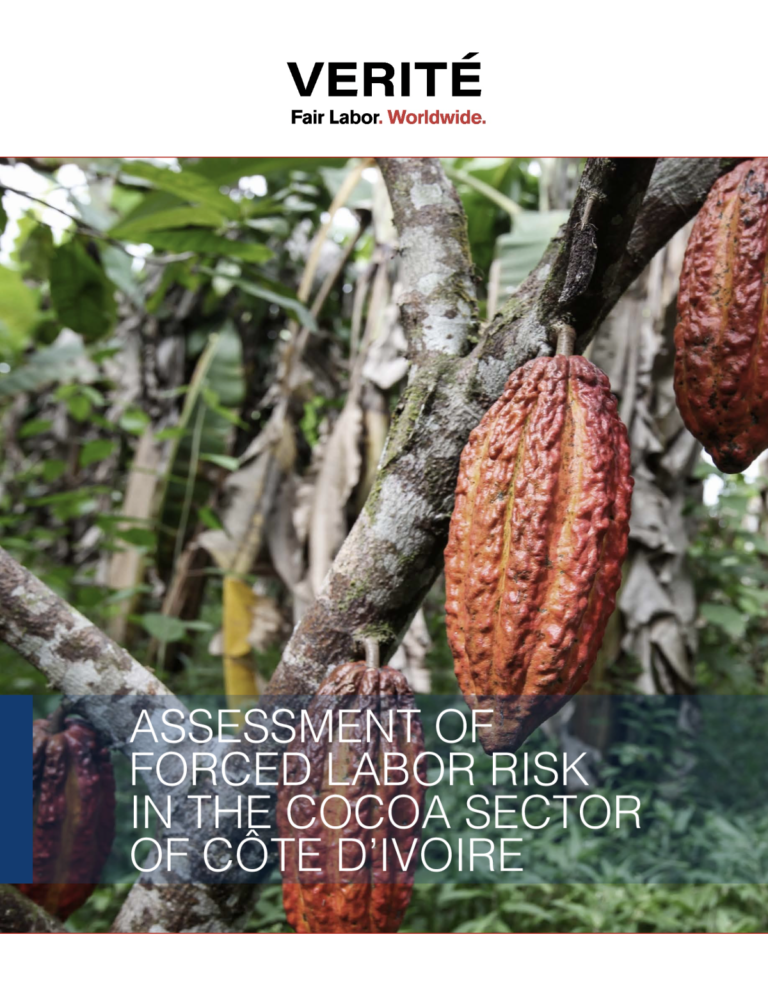What’s changed for Syrian refugees in Turkish garment supply chains?
GuidancePublicationsAn estimated 650,000 Syrian refugees have fled their home country to escape bloodshed and have found a lifeline working in Turkey, with many working in the garment industry. Without these jobs, many families would face desperate times and would stru...Read More

